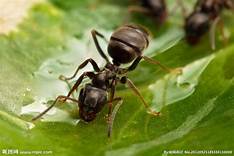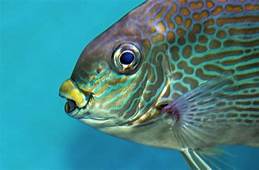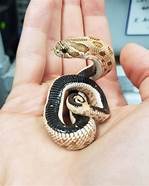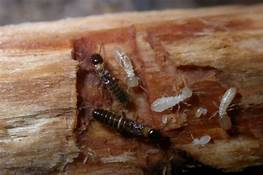What Do Axolotls Eat as Pets?
Axolotls are unique and fascinating creatures that make great pets for experienced reptile and amphibian enthusiasts. They have a voracious appetite and will consume a variety of foods, but it is important to provide them with a balanced diet that meets their nutritional needs. Let's delve into the dietary preferences of axolotls and explore what they typically eat as pets.
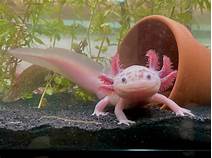
Live Foods
Axolotls are primarily carnivorous and thrive on a diet of live foods. These foods provide them with essential nutrients and proteins that they need to grow and stay healthy. Some common live food options for axolotls include:
1. Earthworms: Earthworms are a nutritious and readily available food source for axolotls. They are packed with protein, moisture, and essential minerals.
2. Tubifex Worms: Tubifex worms are another popular live food option for axolotls. They are small, easy to digest, and contain a good amount of protein.
3. White Worms: White worms, also known as grindal worms, are a smaller live food option that axolotls can easily consume. They are a good source of protein and calcium.
4. Daphnia: Daphnia, commonly known as water fleas, are small crustaceans that axolotls enjoy eating. They are a good source of protein and essential fatty acids.
Frozen Foods
In addition to live foods, axolotls can also be fed frozen foods. Frozen foods are a convenient option for pet owners who may not have access to live foods or who prefer to have a more consistent diet for their axolotls. Some common frozen food options for axolotls include:
1. Frozen Bloodworms: Frozen bloodworms are a popular and nutritious option for axolotls. They are rich in protein and iron, which are essential for growth and development.
2. Frozen Brine Shrimp: Frozen brine shrimp are another good source of protein for axolotls. They are also a good source of carotenoids, which can help enhance the coloration of axolotls.
3. Frozen Mysis Shrimp: Frozen mysis shrimp are a larger frozen food option that axolotls may enjoy. They are a good source of protein, omega-3 fatty acids, and other essential nutrients.
Commercial Pellets
Commercial pellets are another option for feeding axolotls. These pellets are specifically formulated to meet the nutritional needs of axolotls and provide a balanced diet. Commercial pellets typically contain a combination of proteins, carbohydrates, vitamins, and minerals.
When choosing commercial pellets for axolotls, it is important to select a high-quality brand that is specifically designed for axolotls. Pellets should be small enough for axolotls to easily consume and should not contain any fillers or artificial ingredients.
Feeding Schedule
Axolotls should be fed a varied diet that includes a combination of live foods, frozen foods, and commercial pellets. The frequency of feeding will depend on the age and size of the axolotl. Generally, juvenile axolotls should be fed daily, while adults can be fed every other day or even less frequently.
It is important to avoid overfeeding axolotls, as this can lead to health problems such as obesity and digestive issues. Always monitor your axolotl's appetite and adjust the feeding schedule accordingly.
Declaration: All article resources on this website, unless otherwise specified or labeled, are collected from online resources. If the content on this website infringes on the legitimate rights and interests of the original author, you can contact this website to delete it.

